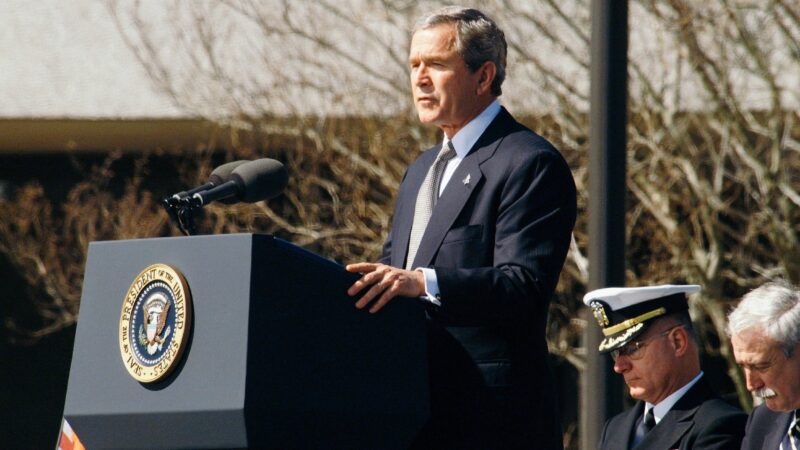America is still young and, so far, remains the core of the proverbial ‘New World’. A brand-new world might, for some, require new thoughts and ideas taken from the ‘Old World’, or potentially, nearly new and separate religions. One might think of Mormonism or Scientology, but the rise of the Old World, emerging in the New, has found a solid foundation from the Anabaptists in the form of the Amish.
Finding their origins in the world of Dutch Calvinism, the Amish started as a series of small communities that spread rapidly. These communities were found within the Midwestern states, but in recent years, due to rapid population growth, have spread to over thirty states. This population growth in such a short space of time has left many wondering just how big the Amish population will be within the next few years across the United States.
As noted by Lyman Stone in 2018, it remains highly unlikely that the Amish will ever become a majority within the US largely due to structural factors relating to modernisation within certain groups and shifts from farming towards manufacturing. This is compounded by a lack of available farming areas for which they can use to move across the US. Most likely, in the coming decades, they will slowly become significant minority groups within many states, with Holmes County, Ohio most likely to become the first majority Amish County in the US this year, which will soon be followed by LaGrange County, Indiana.
For the Amish, all non-Amish are called ‘the English’. For the rest of this article, I will use the Amish’s own terminology (for my own sick amusement, knowing this article’s intended audience). The importance of this is because, at its core, what remains important is the examination of whether the Amish will bend to the knee to the English World or if the English World will learn anything from the Amish.
Will the Amish become fashionable as a cultural force that the English in America can rally around? Will they become fashionable, and can they not offer to help guide America back to its traditional roots? These are all important questions, which I hope might spark some debate amongst people and The Mallard readership. The good thing about writing online about the Amish, is knowing they will probably never see this.
Even prior to Covid, we have seen vast internal migration from around the US, from people fleeing states like California and New York towards that of Florida and Texas. Additionally, we are seeing a gradual return from the major built up cities towards the countryside. These trends are not unique to the US but it would seem that some kind of return to a more ‘tranquil’ and, dare I say, ‘traditional’ lifestyle has applied to many. Alongside this return to the countryside, the Amish have always, in one form or another, received attention from the body politic and general cultural zeitgeist of America. A friendly, devout, and non-violent group of Christians that merely wish to be left alone.
Following this, knowing that you have a high-trust, self-sustaining, and low crime faction of the population, may start paying dividends within certain states that have large major cities which suffer from various modern social ills (crime, drug abuse, etc.). As the Amish population grows, so too will the cultural weight they can throw around locally. Of course, we will never see Amish Congressman or Presidents. Instead, we will see a strong and firm cultural base in which a growing traditionalism-seeking group of people can find support within.
Will the Amish way of life ever become, by contemporary definitions, ‘popular’? Certainly not. However, similar to how people become Priests or Nuns, such paths may not be for them, but can be respected and admired. That admiration, the idea that such a group can do so much, may itself become fashionable; the Amish may come to symbolise a desirable form of of social stability, one situated in contrast to increasingly stormy issues emerging within American cities. As such, whilst the ‘full’ Amish way of life is not purely feasible for much of the population, elements may be worth emulating. A strong sense of local community identity, sustainability, and solidarity, as well as emphasising family and family-building; something that most agree is drastically needed.
In summary, will the Amish become a massive cultural force? It’s too soon to say. If demographic trends continue on their current trajectory, then within the next few decades, we may see the Amish become, not just a major cultural force, but the foundation of a parallel society; one providing an alternative to the excesses and drawbacks of globalised modernity.
It is entirely possible that the Amish, more than just playing a role as an increasingly culturally-influential Christian group within America, will come to provide a full-bodied blueprint for revitalising American ‘rugged individualism’. However, what is known for certain is that, in some distant rural parts of America, there still exist those who believe in the core values which made America into America – the will to flourish on the frontier of a new world.



